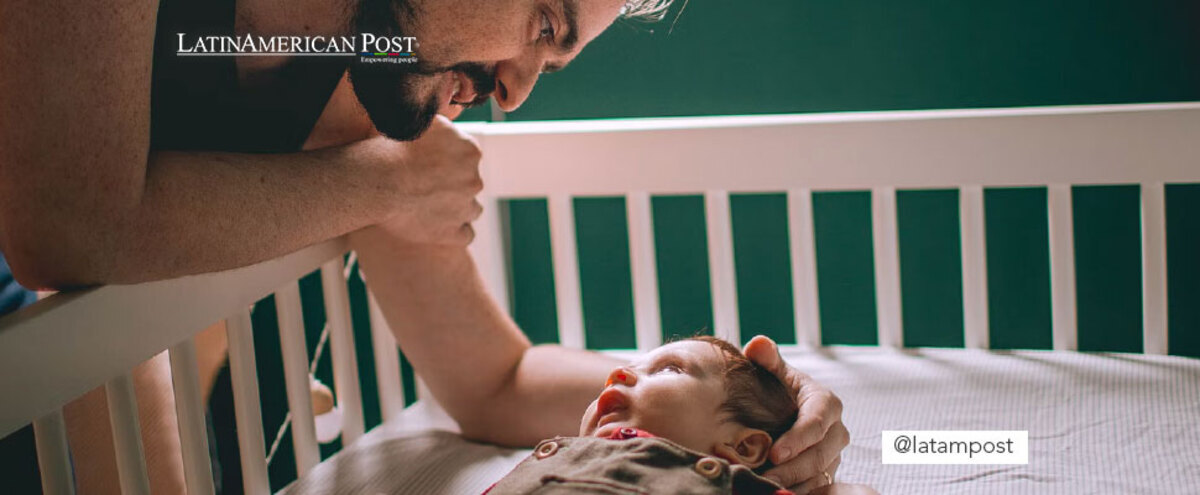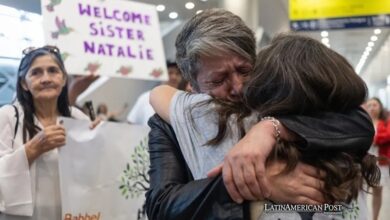Gallery: Family Day: These are the Paternity and Maternity Leaves in Latin America
One of the Great Challenges Facing Parents Today is Reconciling Work Life With Family Life. On the Occasion of International Family Day, we tell you about the Status of Paternity and Maternity Leave in the Region.

Photo: Pexels
LatinAmerican Post | María Fernanda Ramírez Ramos
Listen to this article
Leer en español: Galería: Día de la Familia: estás son las licencias de paternidad y maternidad en América Latina
Parental, maternity and paternity leaves are the permits given to be absent from work when a child is born and to take care of newborns. They also have to do with breastfeeding and child rearing. According to the United Nations Children’s Fund (UNICEF) “The protection of maternity and paternity is a human right and an essential element of comprehensive work and family policies that promote not only maternal and child health and the well-being of families, but also gender equality”.
However, among the countries of the world there are great differences between the times given to mothers and fathers, as well as in the benefits and guarantees offered to them. While some countries, such as the Nordics, offer between 10 and 14 months payments to parents, others only give 12 weeks. However, the International Labor Organization suggests that the mother should receive at least 14 weeks pay. In this sense, Latin America is not a region that stands out for its parental guarantees. Next, we show you the current panorama in some countries of the region
Undoubtedly, extensive maternity and paternity leave with strong support from employers is an effective measure to protect families. However, it is a challenge for the business sector, so the States must be in charge of defining the regulations and promoting their implementation. According to ParlAmericas, paid leave allows parents the ability to meet the needs of their families and gives them time to “bond with their baby; attend to their own medical needs, including physical and mental recovery from childbirth; take care of your baby and establish feeding and sleeping routines and support the mother/parent”.
All this is essential for the social development and well-being of children. However, in Latin America there is also the challenge of informality, since the rights to these licenses are granted to those who have a formal job, while those who are in the informal sector must go through complex situations when having a child, without any protection. In addition, it is also necessary for legislation to be more inclusive of homoparental families and those who decide to adopt.









